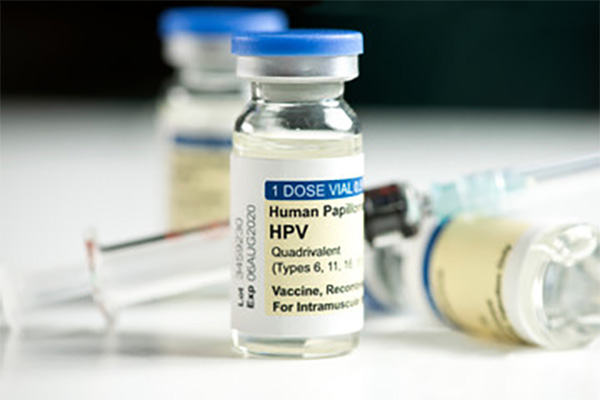By: Holly Campbell, WHNP-BC
Human Papillomavirus (HPV) is a virus that causes cervical cancer or genital warts. HPV can also cause cancers of the anus and oral cavity and throat. HPV is spread by intimate skin to skin contact, most commonly by sexual intercourse including vaginal, anal, or oral sex. People do not become infected with HPV by touching objects such as a toilet seat. You can develop symptoms from HPV years after being exposed making it hard to know when you first became infected.
It has been estimated that about 75-85% of sexually active adults will acquire HPV infection before the age of 50. This risk increases with the number of sexual partners you have and the number of sexual partners your partner has had. The majority of men and women become infected with HPV for the first time between 15-25 years old.
Most people who are infected with HPV have no signs or symptoms and in most cases, never develop any problems caused by HPV. However, in about 10-20% of women the HPV infection can persist, and in these women, there is a greater chance of developing cervical pre-cancer and cervical cancer. For this reason, routine WWV and pap smears are important to detect any abnormalities early before cancer develops.
As providers we are asked:
• Why should my child get the HPV vaccine?
• Is it safe for my child to get the HPV vaccine?
The HPV vaccine has had long-term studies and has shown to significantly reduce the number of women with pre-cancerous cells and is expected to reduce the number of women who develop cervical cancer substantially.
The HPV vaccine has had long-term studies and has shown no major health risks to the vaccine. Mild redness or swelling at the injection site has been noted. The vaccine is thimerosal-free (mercury derivative).
When is it the right age to vaccinate?
-It is recommended that all girls and women between the ages of 9-26 years are vaccinated
-It is recommended that for boys and men to start age 9-21 years are vaccinated
Remember the best time to vaccinate is before becoming sexually active. However, the vaccine is still recommended for sexually active women who have not received the vaccine or completed the vaccine series and are within the range of age to get a vaccine
Please talk with your provider if you would like more information on HPV or the HPV vaccine.
Sources
Human Papillomavirus (HPV) Vaccine. Beyond the basics. www.UptoDate.com, 2017
Centers for Disease Control and Prevention “What is HPV” www.cdc.gov 12/2016

